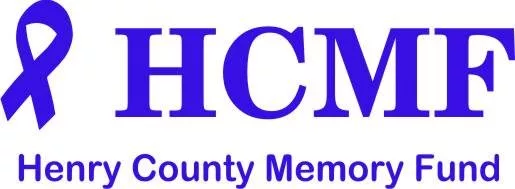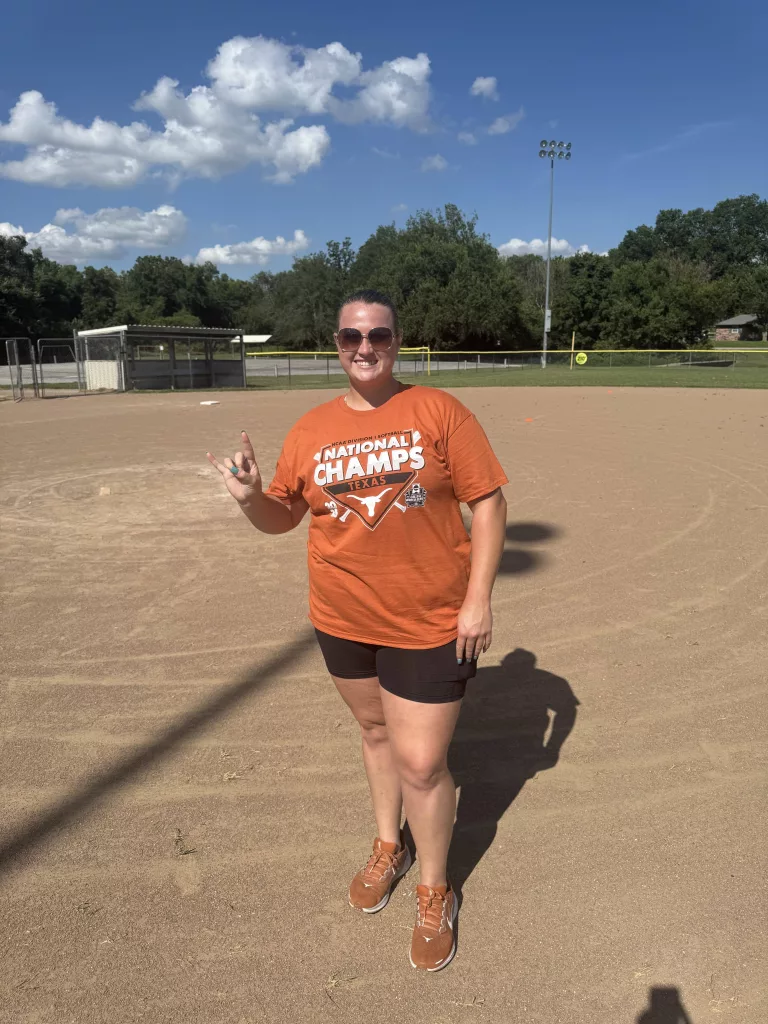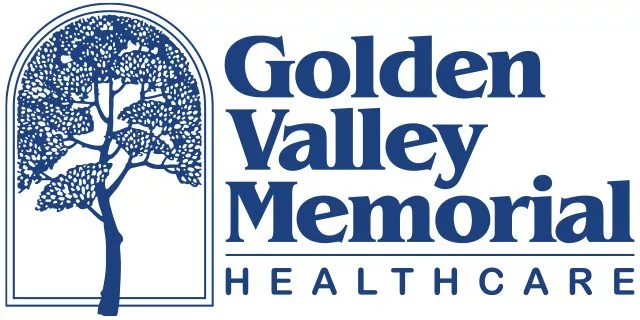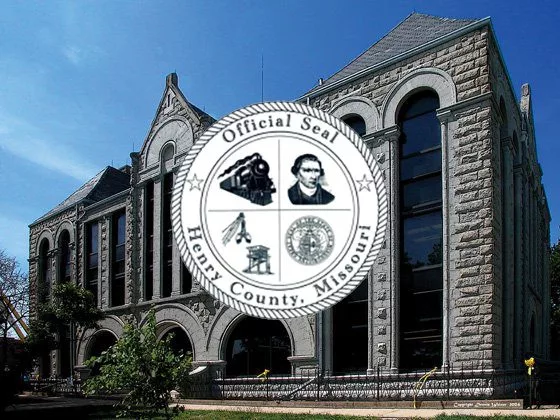
Social isolation occurs when an individual has minimal social contact or meaningful interaction with others. It can impact people of all ages but older adults and individuals with health challenges, including dementia, are at higher risk.
Social isolation can significantly impact one’s health and well-being. Social isolation is linked to increased risk of heart disease, stroke, Type 2 diabetes, depression and anxiety, addiction, suicidality and self-harm, dementia and earlier death
Recognizing the signs and understanding the resources available can help one stay connected and improve one’s quality of life.
When an individual is experiencing symptoms of dementia including difficulty communicating or concentrating, they may withdraw due to embarrassment or frustration. This response to their dementia symptoms can place the individual and their caregiver at higher risk of social isolation.
Signs to Watch For:
- Withdrawal from social activities
- Increased anxiety or depression
- Lack of engagement in conversations
- Changes in mood or behavior
- Neglecting personal care or hygiene
Impact on Individuals with Dementia and Caregivers
- For those with Alzheimer’s/Dementia: Social isolation can accelerate cognitive decline, increase depression, and worsen symptoms.
- For caregivers: Many caregivers experience loneliness and emotional exhaustion due to the demands of care giving. Over 40% of dementia caregivers report moderate to high levels of loneliness.
Steps to Address Social Isolation
- Encourage social interaction: Support groups, community activities, and regular visits can help.
- Utilize technology: Video calls and online communities can provide connection.
- Seek professional help: Screening for social isolation and depression can be done by healthcare providers.
- Respite care for caregivers: Taking breaks and seeking support can reduce caregiver burnout.
Attend the Henry County Memory Fund Caregiver Support Group the first Wednesday of each month at the Clinton Christian Church, 1201 E. Ohio St., Clinton, MO. For more information call Ranae Walrath, 660-890-7294.










